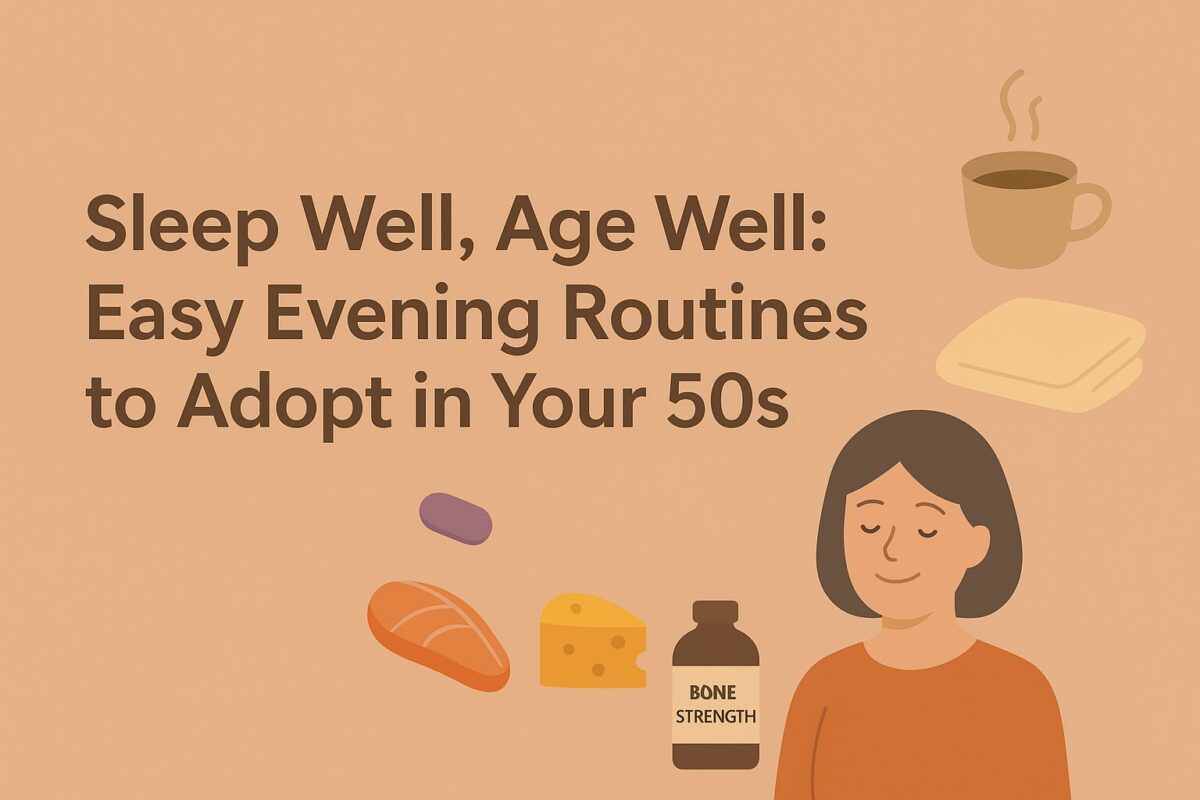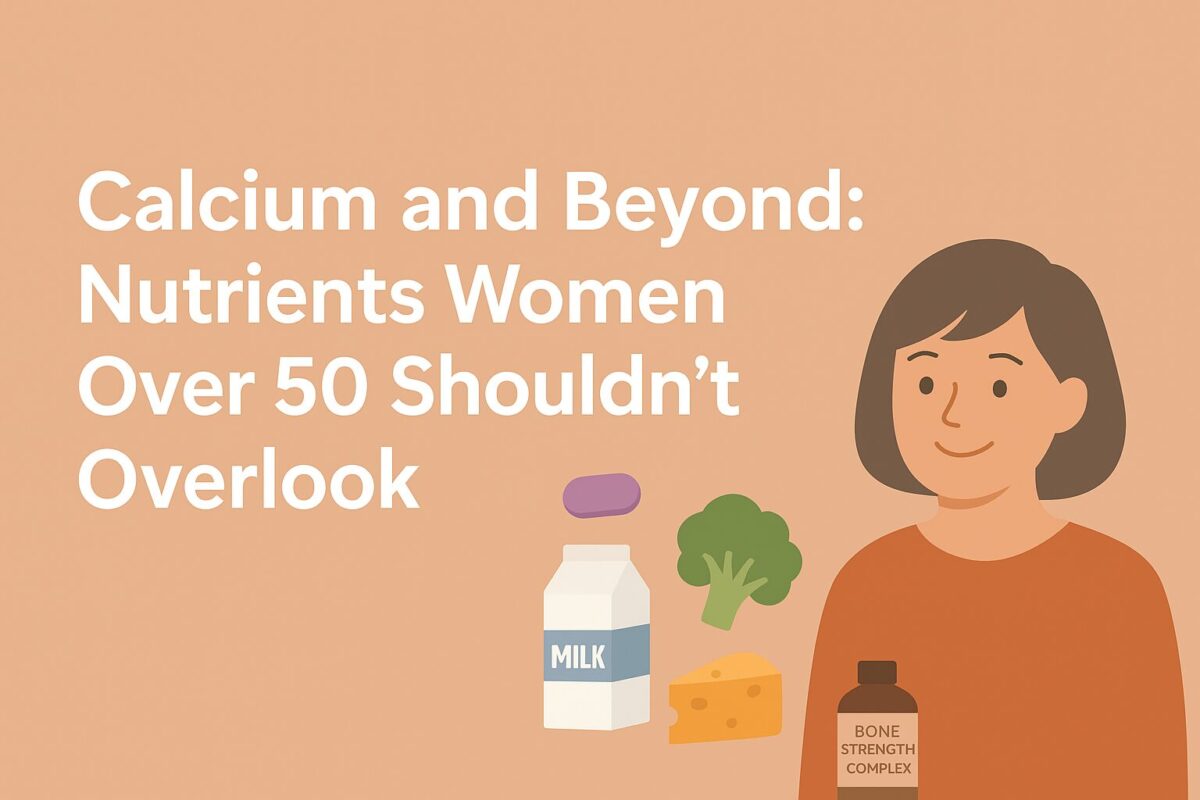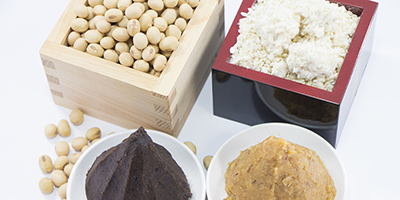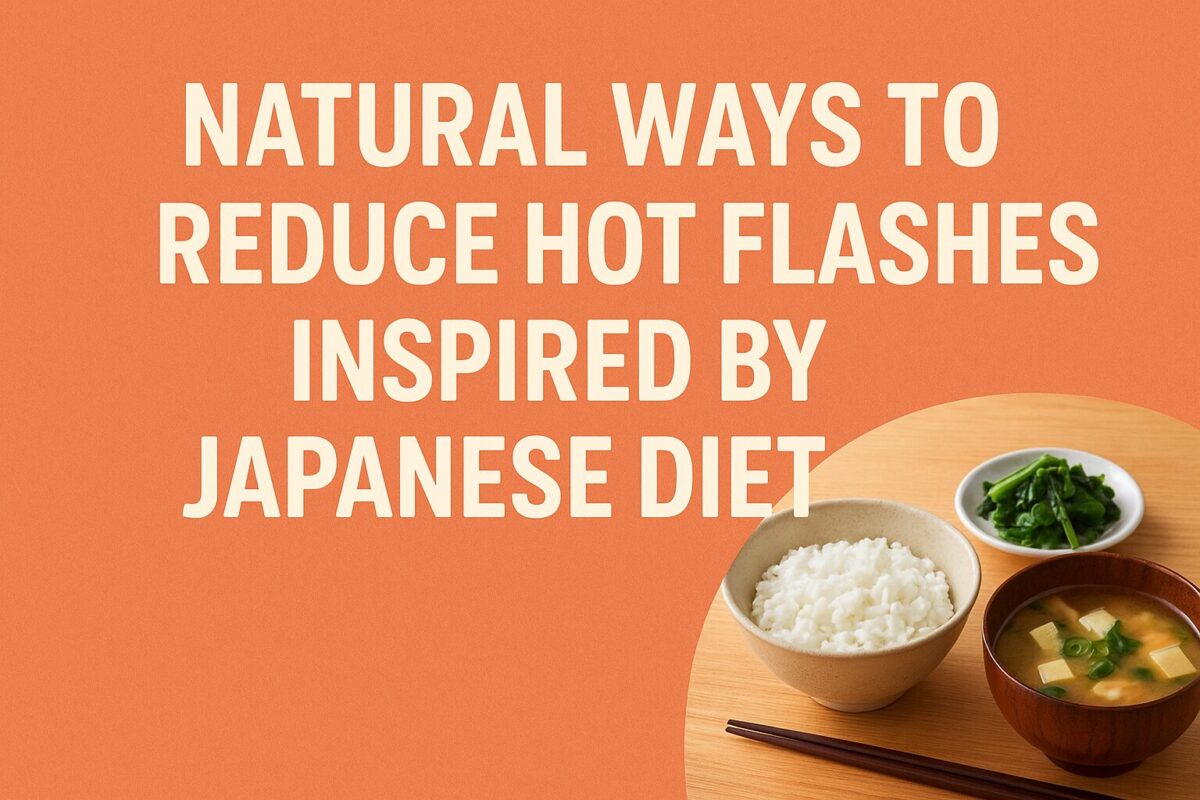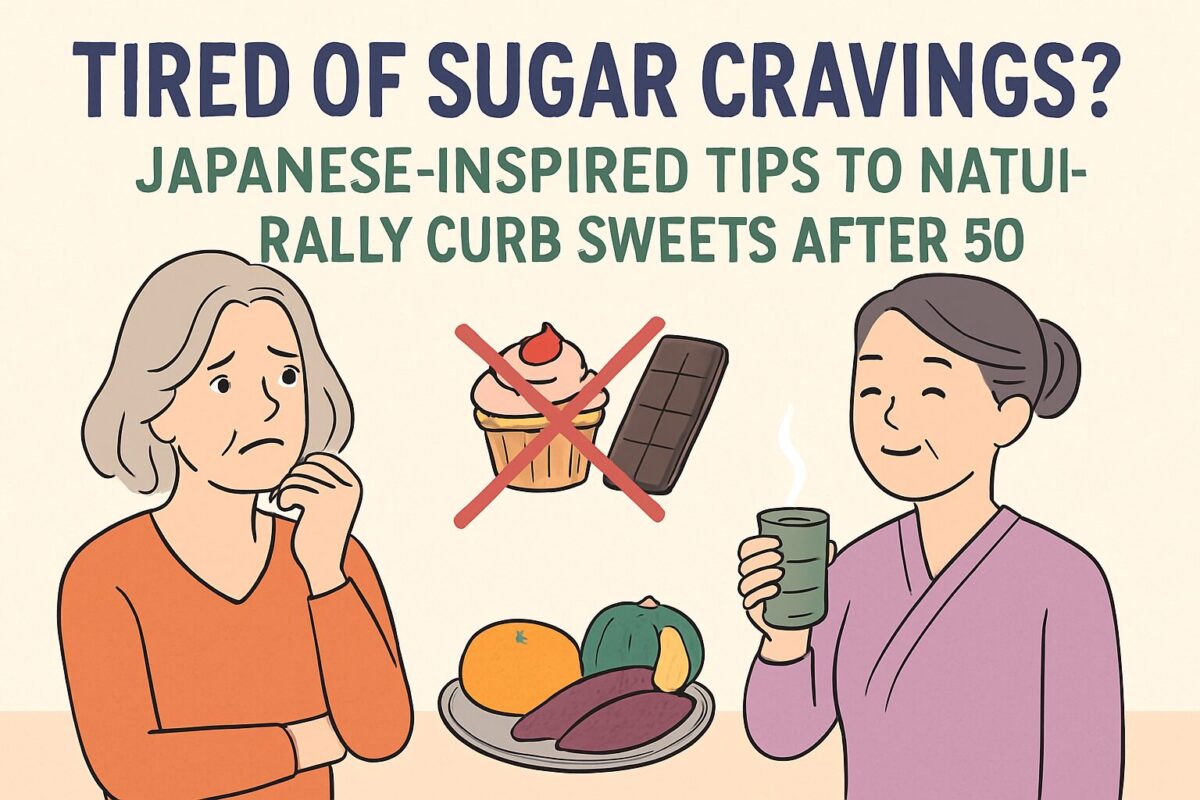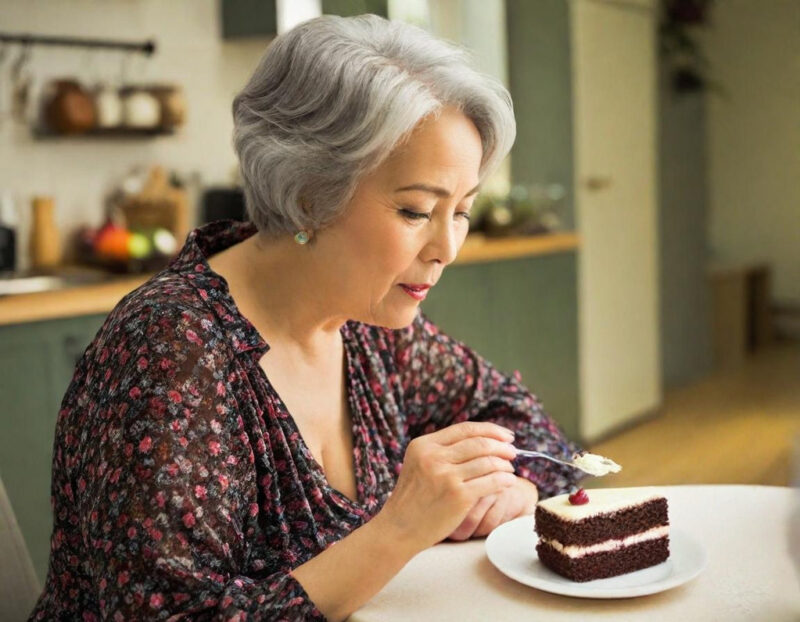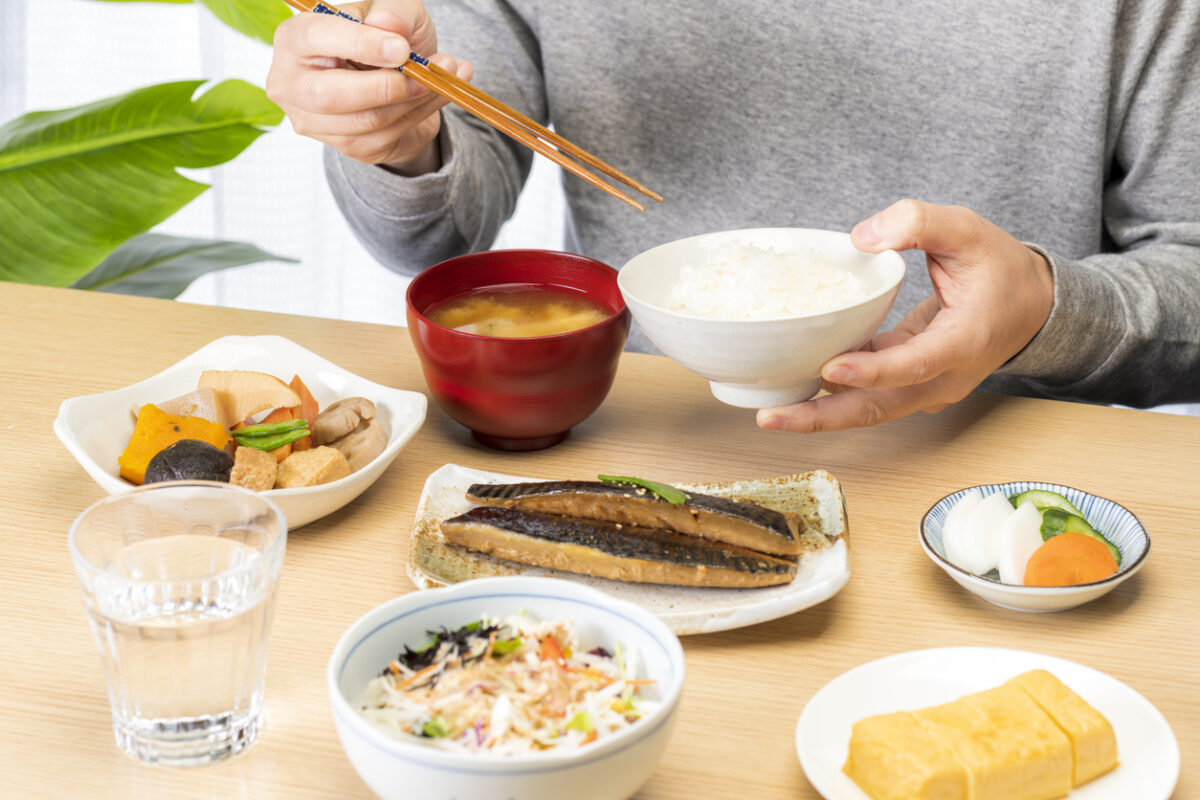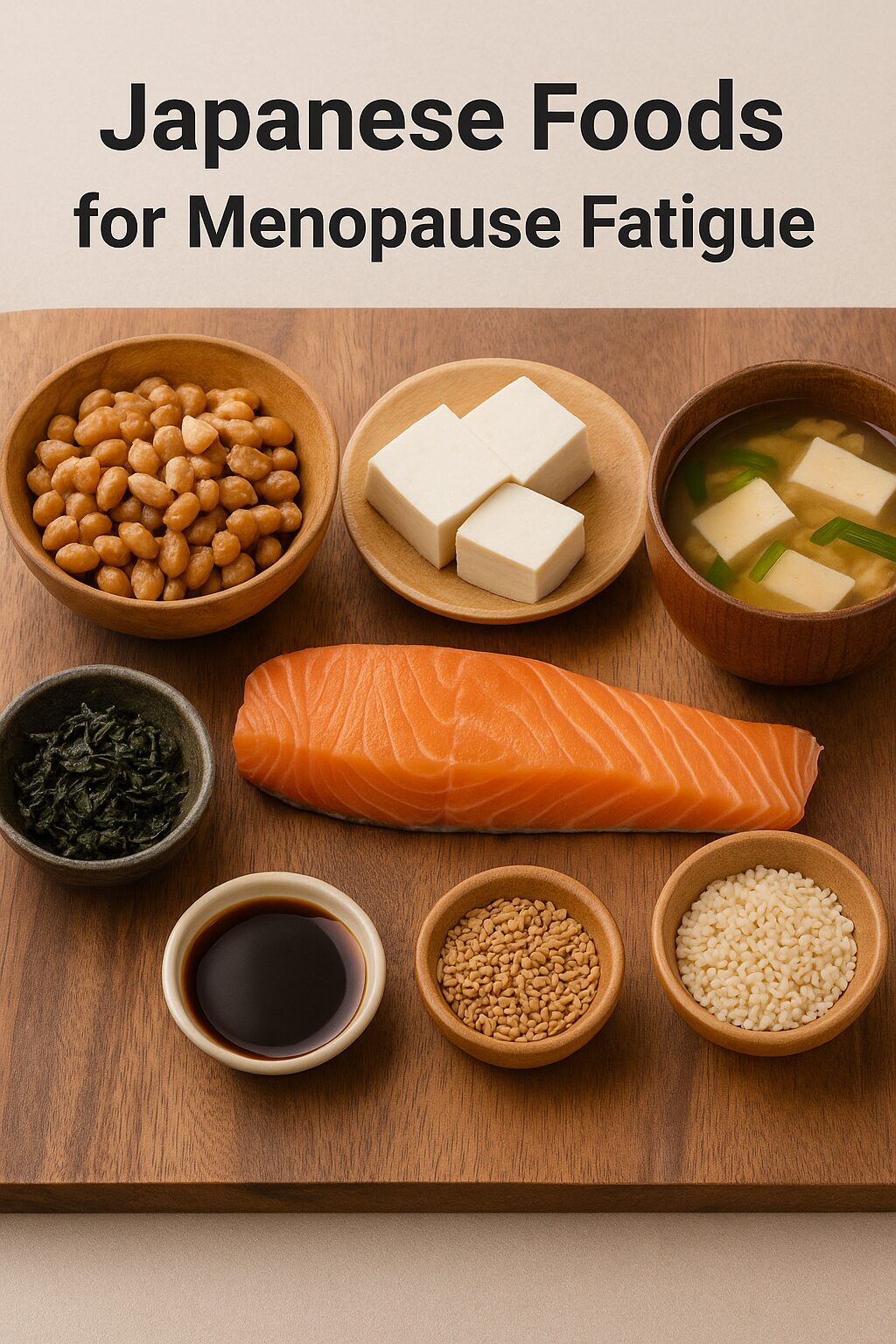Good sleep is one of the most powerful tools for maintaining health, balance, and beauty as we age. Yet, many women over 50 struggle with sleep disruptions—often due to hormonal changes, stress, or lifestyle habits. Fortunately, small, mindful adjustments to your nightly routine can make a remarkable difference in how easily you fall asleep and how refreshed you feel in the morning.
Here are simple Japanese-inspired evening habits to help you sleep better and age gracefully.
Why Quality Sleep Becomes More Important After 50
Hormonal Shifts and Sleep
As estrogen and progesterone levels decline during menopause, many women experience lighter or more fragmented sleep. These hormones help regulate body temperature and relaxation—so when they fluctuate, it’s harder to stay comfortable at night. Supporting hormonal balance through natural means, such as diet and supplements, can help restore more restful sleep.
Sleep and Aging
Sleep isn’t just rest—it’s when your body repairs muscles, renews skin cells, and regulates immune and cognitive functions. Studies show that poor sleep accelerates aging and increases the risk of metabolic and cardiovascular issues.
👉 Read more about why sleep is vital for aging well here.
Japanese-Inspired Nighttime Habits for Deep Rest
1. Create a Calm Atmosphere
In Japan, winding down begins well before bedtime. Dim lights, soft music, and herbal teas are common parts of the evening routine. Try sipping a caffeine-free tea such as roasted barley tea (mugicha) or chamomile an hour before bed.
2. Disconnect from Screens
Blue light from phones and TVs disrupts melatonin, your sleep hormone. Try setting a “digital sunset” at least 30 minutes before bedtime. Instead, listen to calming sounds or read a printed book under a warm light—both help signal your brain that it’s time to rest.
3. Gentle Stretching or Radio Taiso
A few minutes of light stretching or the famous Japanese radio taiso (radio exercises) can ease muscle tension and improve circulation before sleep. These gentle movements help your body transition from daytime activity to nighttime relaxation.
👉 Learn more about radio taiso and its benefits here.
Evening Nutrition for Better Sleep
Eat Light and Early
In Japan, dinner tends to be light and balanced—grilled fish, vegetables, miso soup, and rice. Avoid heavy or late meals that can disturb digestion and sleep quality. Try to finish dinner at least two hours before bed.
Nutrients That Support Rest
Magnesium (found in tofu and leafy greens), tryptophan (in soy products and bananas), and fermented foods (like miso or yogurt) help produce serotonin and melatonin naturally. A small serving of warm miso soup before bed can be both soothing and beneficial for gut health.
The Mind-Body Connection: Relax Your Thoughts Before Bed
Mindful Breathing
Japanese culture emphasizes ikigai—a sense of calm purpose. Before bed, take five slow breaths and mentally list a few things you’re grateful for. This helps reduce anxiety and prepare your mind for deep rest.
A Warm Bath or Foot Soak
A quick soak before bed can mimic traditional Japanese bathing habits, relaxing muscles and lowering body temperature afterward—helping you fall asleep faster. Add Epsom salts or a few drops of lavender oil for extra comfort.
Supporting Hormonal Balance Naturally
As hormonal fluctuations affect both sleep and mood, finding natural ways to restore balance becomes essential. Juveriente’s Effisoy®, inspired by Japanese nutritional wisdom, supports your body’s ability to maintain hormonal harmony. It uses AglyMax®, a fermented soy extract that enhances your body’s natural DHEA production—helping reduce hot flashes, night sweats, and other discomforts that disturb sleep.
By nurturing your hormones naturally, Effisoy helps you achieve the calm, consistent sleep your body needs to age beautifully and energetically.
“Restful sleep finally!!”, “I Am Now Free of Hot Flashes!!”, “Lifesaver”

Small Steps, Big Rewards
Healthy aging doesn’t require drastic changes—just small, consistent habits. Try dimming the lights, putting your phone away earlier, or enjoying a cup of warm tea each night. These gentle rituals, drawn from Japanese culture, can transform your sleep and improve how you feel every day.
When you sleep well, your body heals, your mind sharpens, and your natural beauty shines through—at any age.
Juveriente Bone Strength Complex: Natural Support Simplified
While a diverse diet is the foundation of bone health, it can be difficult to consistently get enough of all the essential nutrients—especially rare ones like beta-cryptoxanthin.
That’s why Juveriente Bone Strength Complex was developed. This supplement combines:
-
Satsuma Mandarin Extract, rich in beta-cryptoxanthin
-
Other natural nutrients that complement calcium and vitamin D
Rooted in Japanese dietary wisdom, it offers women over 50 a natural, convenient way to strengthen bones during menopause.


